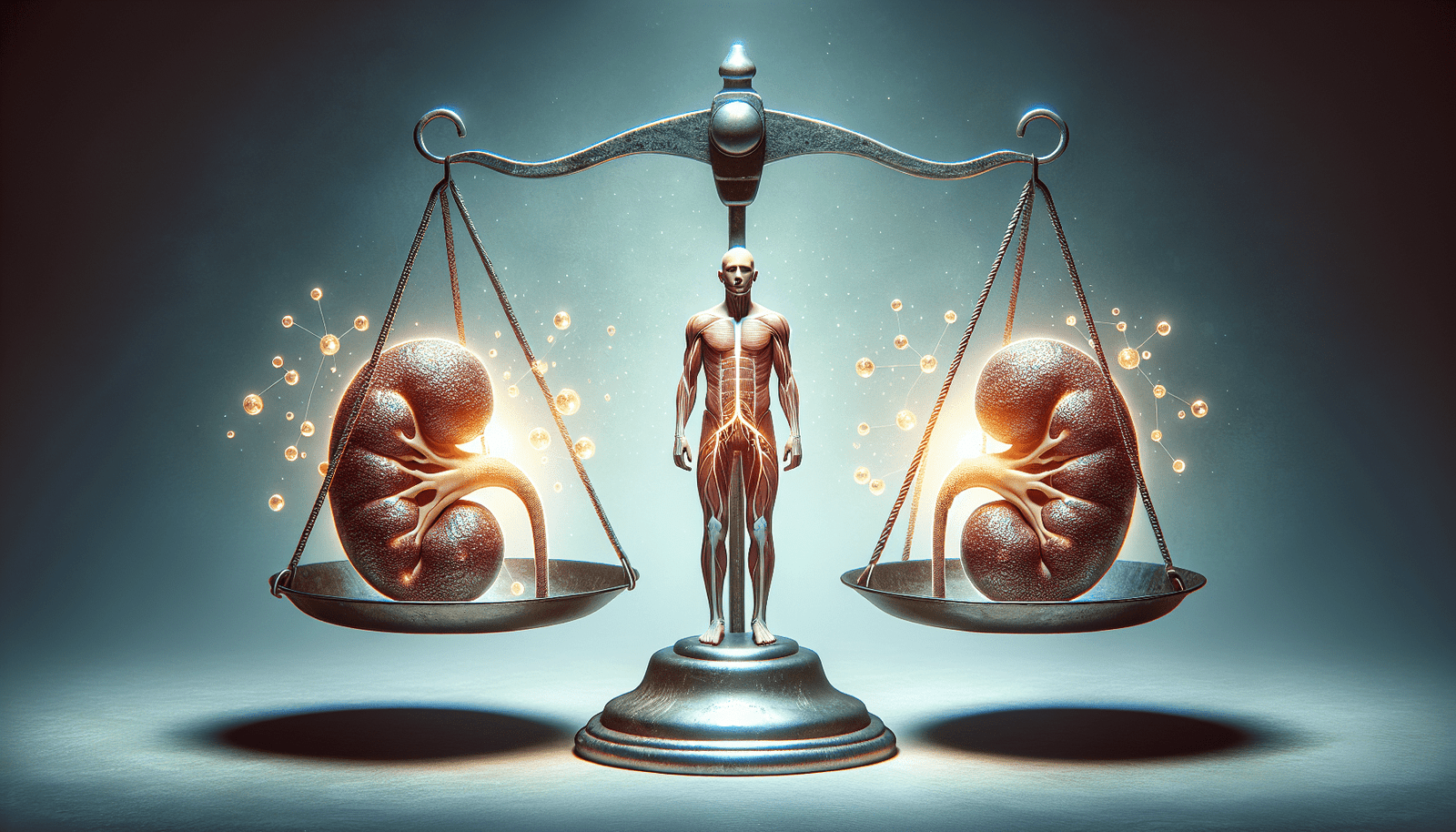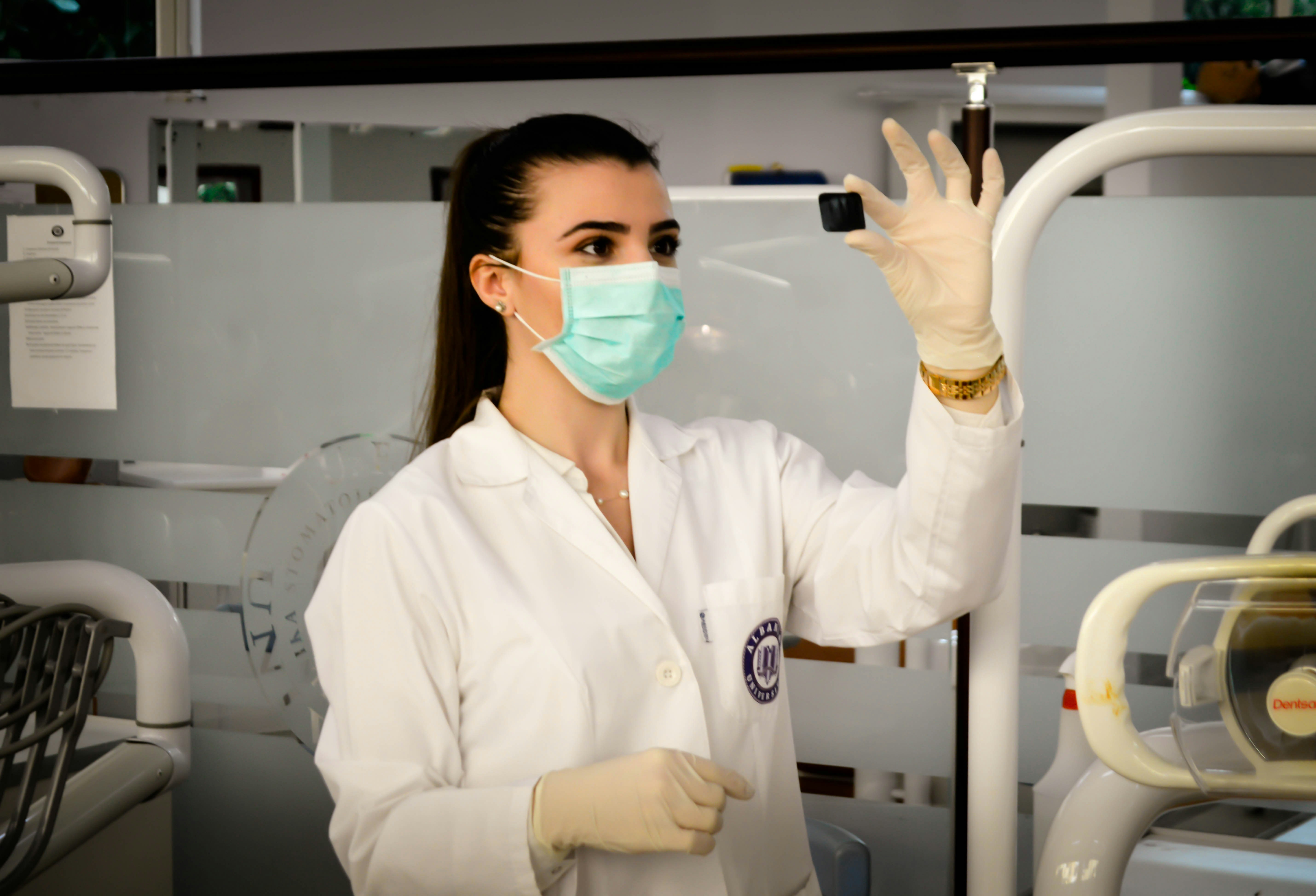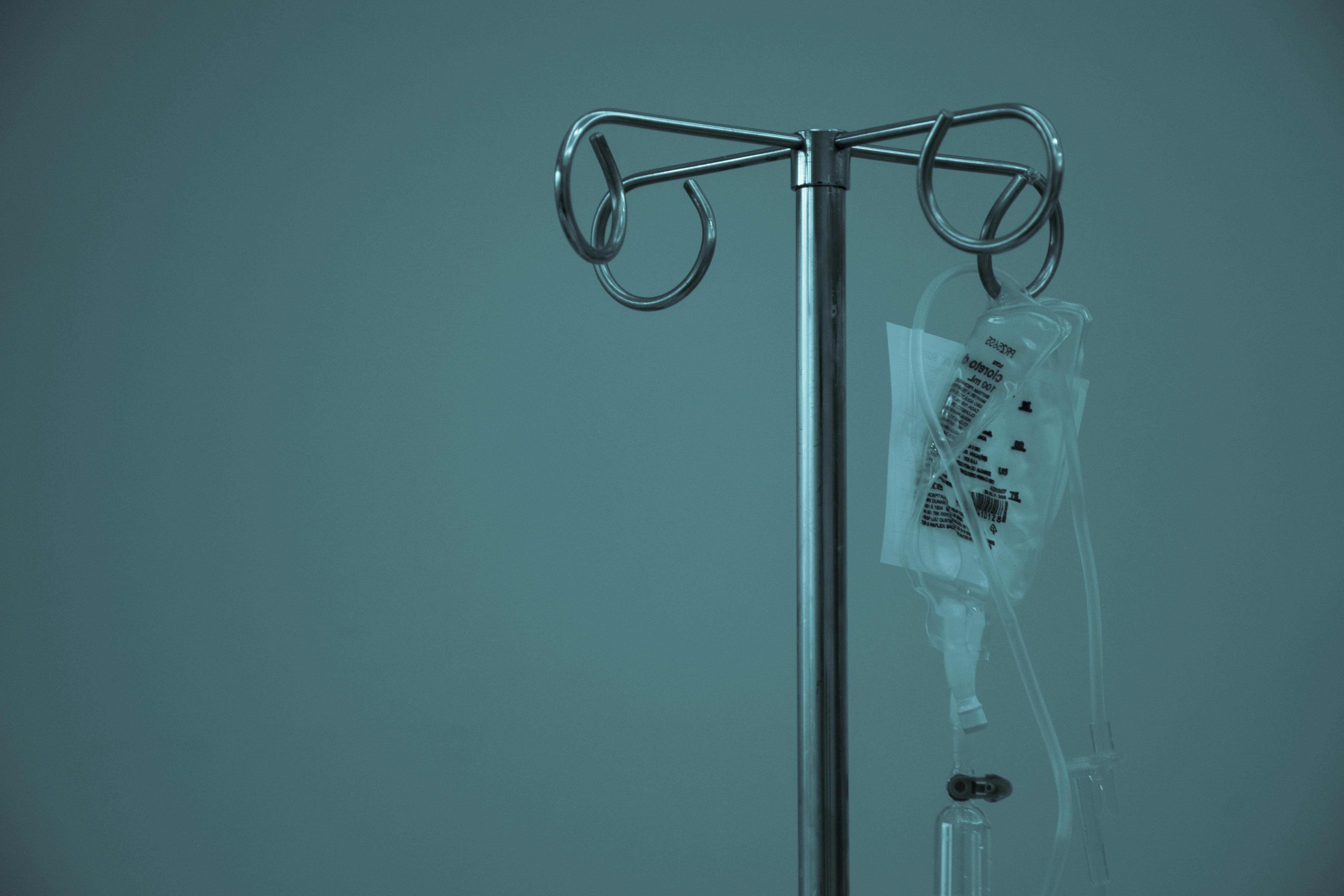Have you ever wondered if there is a connection between kidney stones and weight management? Well, it turns out that there might just be. Kidney stones are small, hard deposits that form in the kidneys and can cause excruciating pain when they pass through the urinary tract. While there are various factors that contribute to their formation, recent studies suggest that obesity and weight gain could play a significant role. In this article, we will explore the potential link between kidney stones and weight management, shedding light on the importance of maintaining a healthy weight to prevent these painful stones from forming.
Understanding Kidney Stones
Kidney stones, also known as renal calculi, are hard deposits that form in the kidneys. They can vary in size and shape, and are typically made up of minerals and salts. When these substances become too concentrated in the urine, they can crystallize and form stones. Kidney stones can range from being as small as a grain of sand to as large as a golf ball.
Causes of Kidney Stones
There are various factors that can contribute to the formation of kidney stones. One of the main causes is an imbalance in the urine, where certain substances are present in excessive amounts. For example, if your urine contains high levels of calcium, oxalate, or uric acid, you may be at a higher risk of developing kidney stones. Dehydration can also play a role, as it leads to concentrated urine and increases the risk of stone formation.
Symptoms of Kidney Stones
Kidney stones can cause a variety of symptoms, ranging from mild discomfort to severe pain. Common symptoms include sharp pain in the back or side, blood in the urine, frequent urination, and a persistent urge to urinate. Some individuals may also experience nausea, vomiting, or fever. It is important to seek medical attention if you suspect you have kidney stones, as proper diagnosis and treatment are essential.
Risk Factors for Kidney Stones
Certain factors can increase your risk of developing kidney stones. These include:
- Family history of kidney stones
- Previous history of kidney stones
- Dehydration
- Certain medical conditions, such as urinary tract infections or kidney diseases
- Certain medications, such as diuretics or antacids
Understanding these risk factors can help you take necessary steps to lower your risk of developing kidney stones.
The Link Between Kidney Stones and Weight
Research has shown a clear link between kidney stones and weight. Obesity, in particular, has been identified as a significant risk factor for kidney stone formation. The exact reasons for this link are not fully understood, but it is believed that excess weight can lead to changes in urine composition, increased urinary calcium excretion, and reduced citrate levels – all of which can contribute to stone formation.
Effect of Weight Gain on Kidney Stone Risk
Weight gain can further exacerbate the risk of kidney stone formation. As the body mass index (BMI) increases, so does the likelihood of developing stones. This is because overweight and obese individuals tend to have higher levels of calcium in their urine, which can promote stone formation. Additionally, weight gain can lead to insulin resistance, which has been linked to an increased excretion of calcium in the urine.
Weight Loss and Kidney Stone Prevention
On the other hand, weight loss can help reduce the risk of kidney stone formation. By achieving and maintaining a healthy weight, you can lower the levels of calcium in your urine, decrease the likelihood of stone formation, and improve overall kidney health. Weight loss should be gradual and achieved through a combination of a balanced diet and regular physical activity.
Dietary Factors and Kidney Stones
Diet plays a crucial role in kidney stone prevention. Making certain dietary changes can help lower the risk of stone formation. Consider the following factors:
Importance of Diet in Kidney Stone Prevention
A well-balanced diet that is rich in fruits, vegetables, whole grains, and lean proteins can help prevent kidney stones. This type of diet provides essential nutrients while keeping the urine composition in a healthy range. Avoiding excessive salt, sugar, and processed foods is also important, as these can increase the risk of stone formation.
High Protein Diets and Kidney Stones
While protein is an essential part of a healthy diet, excessive consumption of animal protein can increase the risk of kidney stones. Animal protein can lead to higher urinary excretion of calcium and uric acid, both of which can contribute to stone formation. It is important to strike a balance and opt for plant-based protein sources as well.
Sodium Intake and Kidney Stones
High sodium intake can affect kidney health and increase the risk of stone formation. Too much salt in the diet can cause the kidneys to excrete more calcium into the urine, promoting stone formation. It is recommended to limit sodium intake by avoiding processed foods, using herbs and spices for flavor instead of salt, and reading food labels to make informed choices.
Calcium Intake and Kidney Stones
Contrary to popular belief, consuming adequate amounts of dietary calcium can actually help reduce the risk of kidney stones. Calcium binds to oxalate in the gastrointestinal tract, preventing its absorption into the bloodstream and reducing urinary oxalate levels. However, it is important to obtain calcium from food sources rather than supplements, as excessive calcium intake from supplements may increase stone formation risk.

Fluid Intake and Kidney Stones
Adequate fluid intake is crucial in preventing kidney stones. Here’s why:
Impact of Dehydration on Kidney Stone Risk
Dehydration can significantly increase the risk of kidney stone formation. When the body doesn’t have enough fluids, the urine becomes more concentrated, making it easier for minerals to crystallize and form stones. Drinking enough fluids helps dilute the urine, making it less likely for stones to develop.
Importance of Adequate Fluid Intake
Staying well-hydrated is essential for kidney stone prevention. Aim to drink at least 8 cups (64 ounces) of fluid per day, or more if you live in a hot climate or engage in physical activities that cause you to sweat. Water is the best choice, but other fluids like herbal teas and citrus juices can also contribute to your fluid intake.
Choosing the Right Fluids to Prevent Kidney Stones
Certain fluids can be more beneficial in reducing the risk of kidney stones. Citrus juices, such as lemonade or orange juice, have been found to increase urinary citrate levels, which inhibits stone formation. Additionally, drinking cranberry juice may help prevent urinary tract infections, which are a known risk factor for kidney stone development.
Physical Activity and Kidney Stone Prevention
Regular physical activity not only helps with weight management, but also plays a role in kidney stone prevention. Consider the following:
The Role of Exercise in Weight Management
Physical activity is an essential component of weight management. Engaging in regular exercise helps burn calories, increase metabolism, and promote weight loss. By achieving a healthy weight, you can reduce the risk of kidney stone formation and also improve overall health.
Effect of Physical Activity on Kidney Stone Risk
In addition to weight management, exercise has direct benefits in reducing the risk of kidney stones. Physical activity helps stimulate the kidneys, leading to increased urine production and more frequent flushing out of minerals and salts. This can help prevent the crystallization of these substances and the formation of stones.

Medical Interventions for Kidney Stones
In some cases, medical interventions may be necessary to treat kidney stones or prevent their recurrence. The following options are available:
Treatment Options for Kidney Stones
The appropriate treatment for kidney stones depends on various factors, such as the size and location of the stone, and the severity of symptoms. Options include:
- Observation and pain management for small stones that are likely to pass on their own
- Medications to help break down or dissolve certain types of stones
- Extracorporeal Shock Wave Lithotripsy (ESWL), which uses sound waves to break up stones
- Ureteroscopy, where a thin tube is inserted to remove or break up stones
- Percutaneous Nephrolithotomy, a surgical procedure to remove large or complex stones
Surgical Procedures
In some cases, surgical intervention may be required to remove kidney stones. This includes procedures such as:
- Percutaneous Nephrolithotomy (PCNL), which involves making a small incision in the back to access and remove the stone
- Ureteroscopy with laser lithotripsy, where a thin tube is inserted to break up or remove the stone using a laser
- Open surgery, which is rare and usually reserved for complex or large stones that cannot be treated with less invasive methods
Medications for Kidney Stone Prevention
In certain situations, medications may be prescribed to help prevent the formation of kidney stones. These medications work by altering urine composition, reducing the concentrations of certain substances that can lead to stone formation. Common medications include thiazide diuretics, citrate supplements, and allopurinol for individuals with high uric acid levels.
Lifestyle Changes to Reduce Kidney Stone Risk
To reduce the risk of kidney stones and promote overall kidney health, consider implementing the following lifestyle changes:
Following a Balanced Diet
Adopting a balanced diet that is rich in fruits, vegetables, whole grains, and lean proteins can help prevent kidney stones. Limiting sodium, sugar, and processed foods is also important. Working with a registered dietitian can help you create a personalized meal plan that meets your nutritional needs and reduces the risk of stone formation.
Maintaining a Healthy Weight
Maintaining a healthy weight is crucial in kidney stone prevention. Gradual weight loss through a combination of a balanced diet and regular physical activity can lower the risk of stone formation and improve overall health. Aim to achieve a BMI within the healthy range and consult with a healthcare professional for personalized guidance and support.
Staying Hydrated
Adequate fluid intake is essential in preventing kidney stones. Drink enough fluids throughout the day to stay well-hydrated and dilute the urine. Remember to choose water as the primary beverage, but consider incorporating citrus juices or cranberry juice for added benefits. Avoid excessive caffeine and alcohol, as these can contribute to dehydration.
Regular Physical Activity
Engaging in regular physical activity not only helps with weight management, but also has direct benefits in reducing the risk of kidney stone formation. Aim for at least 150 minutes of moderate-intensity aerobic activity per week, along with strength training exercises. Consult with a healthcare provider before starting any exercise program, especially if you have a history of kidney stones or other medical conditions.
Seeking Professional Advice
If you are concerned about kidney stones or want personalized guidance on prevention strategies, it is important to consult a healthcare provider. They can assess your individual risk factors, recommend appropriate screenings, and provide tailored advice based on your specific needs.
In addition, working with a registered dietitian can be beneficial in developing a dietary plan that supports kidney stone prevention. They can help you identify foods to include or avoid, customize your meal plan, and provide ongoing support to help you make sustainable lifestyle changes.
Preventing Kidney Stones in Children and Adolescents
Kidney stones are not just limited to adults; they can also affect children and adolescents. Certain risk factors and preventive measures may differ in this age group.
Risk Factors for Kidney Stones in Young Individuals
In children and adolescents, risk factors for kidney stones are similar to those in adults, including family history, certain medical conditions, and dietary factors. However, there are additional considerations such as certain genetic disorders, urinary tract abnormalities, and certain medications that can increase the risk of stone formation in this age group.
Importance of Weight Management in Children and Adolescents
Maintaining a healthy weight is crucial in kidney stone prevention for children and adolescents as well. Encouraging a balanced diet and regular physical activity from an early age can help promote proper growth and development, and reduce the risk of kidney stone formation. Parents and guardians play a key role in creating a healthy environment at home and setting an example by practicing healthy habits themselves.
Healthy Habits to Prevent Kidney Stones
Promoting healthy habits in children and adolescents can greatly reduce the risk of kidney stones. Encourage them to drink plenty of fluids, limit their intake of sugary drinks, and choose nutritious foods over processed snacks. Incorporating regular physical activity into their daily routine is also important. It is crucial to involve healthcare professionals in the management and prevention of kidney stones in young individuals, as they can provide appropriate guidance and support.
Conclusion
In conclusion, understanding the connection between kidney stones and weight management is essential in preventing the formation of kidney stones and maintaining overall kidney health. Obesity and weight gain have been identified as significant risk factors, while weight loss and maintaining a healthy weight can reduce the risk. Dietary factors, fluid intake, physical activity, and other lifestyle changes also play important roles in kidney stone prevention. Consultation with healthcare professionals and registered dieticians can provide personalized guidance to reduce the risk of kidney stones in both adults and young individuals. By making these lifestyle changes, you can promote not only kidney health but also improve your overall well-being.




